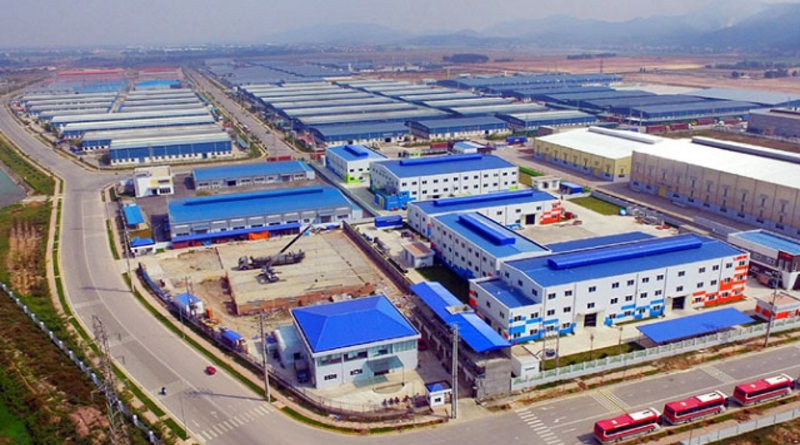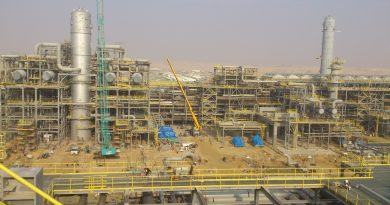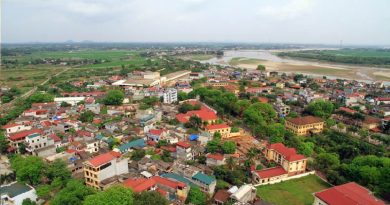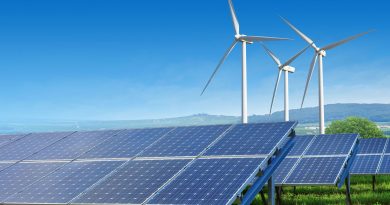Real estate investment in Vietnam still has a bright spot despite the plunging Asia-Pacific region
According to a market report of JLL Vietnam, Covid-19 had a severe impact on real estate investment in Asia – Pacific in the first half of the year. Statistics show that the investment volume decreased by 32% over the same period last year.
In the second quarter, due to many countries’ closure policies affecting capital deployment plans, many countries reduced their registered capital. Singapore plunged the most, up to 68%. Some other markets also dropped like Hong Kong (65%), South Korea (45%), Japan (20%). Vietnam in the group of countries dropped lower with 15%, the total foreign direct investment (FDI) as of June 20 was US $ 15.7 billion.
The highlight of real estate investment in Vietnam is also reflected in the resilience of industrial and logistics real estate. While in areas such as Shanghai and Sydney, the rent growth is about 1 – 1.2%, Vietnam is higher, in some places up to 9.7%.
According to the report, Vietnam continues to maintain its position as a favorite destination before the trend of moving factories. Although Covid-19 caused temporary difficulties for the company’s upcoming plans, with long-term investment strategy, industrial real estate in Vietnam still attracted investors. This contributes to creating a positive sentiment for investors in raising land prices despite the ongoing disease. In the South, the average rental price in the second quarter reached 106 USD / m2 / rental cycle, up 9.7% over the same period last year. Rental rates for ready-built factories are still stable at US $ 3.5 – 5 / m2 / month, due to short-term contracts of 3-5 years and tenants are also susceptible to the impact of the pandemic.
Meanwhile, office leasing activity in the whole region leveled off, except for some exceptional markets. Office rents in the central district of Hong Kong decreased by 9.3%, Beijing by 4.1%, Melbourne by 3.9%, Sydney by 3.5% and Singapore by 3.3% from the previous quarter. Some office markets in central Osaka and Seoul still recorded rents up 1% to 2%.
In HCMC, according to JLL, Grade A and B offices are starting to feel the pressure of net absorption area being negative for the first time in a decade. But most landlords are still quite confident in the context of tight supply, rents have not recorded any significant adjustment.
The retail industry was hardest hit as governments requested social reforms, cutting back on demand during the second quarter. Hong Kong continues to be the region’s strongest retail rental market with a drop of 13.3%. Similar to Southeast Asian markets, Singapore recorded retail prices down 8.5%.
In Ho Chi Minh City, the policy of “social gap” in the first 3 weeks of April led to the temporary closure of all shopping centers. The average vacancy rate increased to 30% in the second quarter. Rents remained unchanged compared to the previous quarter, reaching US $ 79.4 / m2 / month in the CBD and US $ 38.5 / m2 / month in the non-CBD area.
Source: ndh.vn





